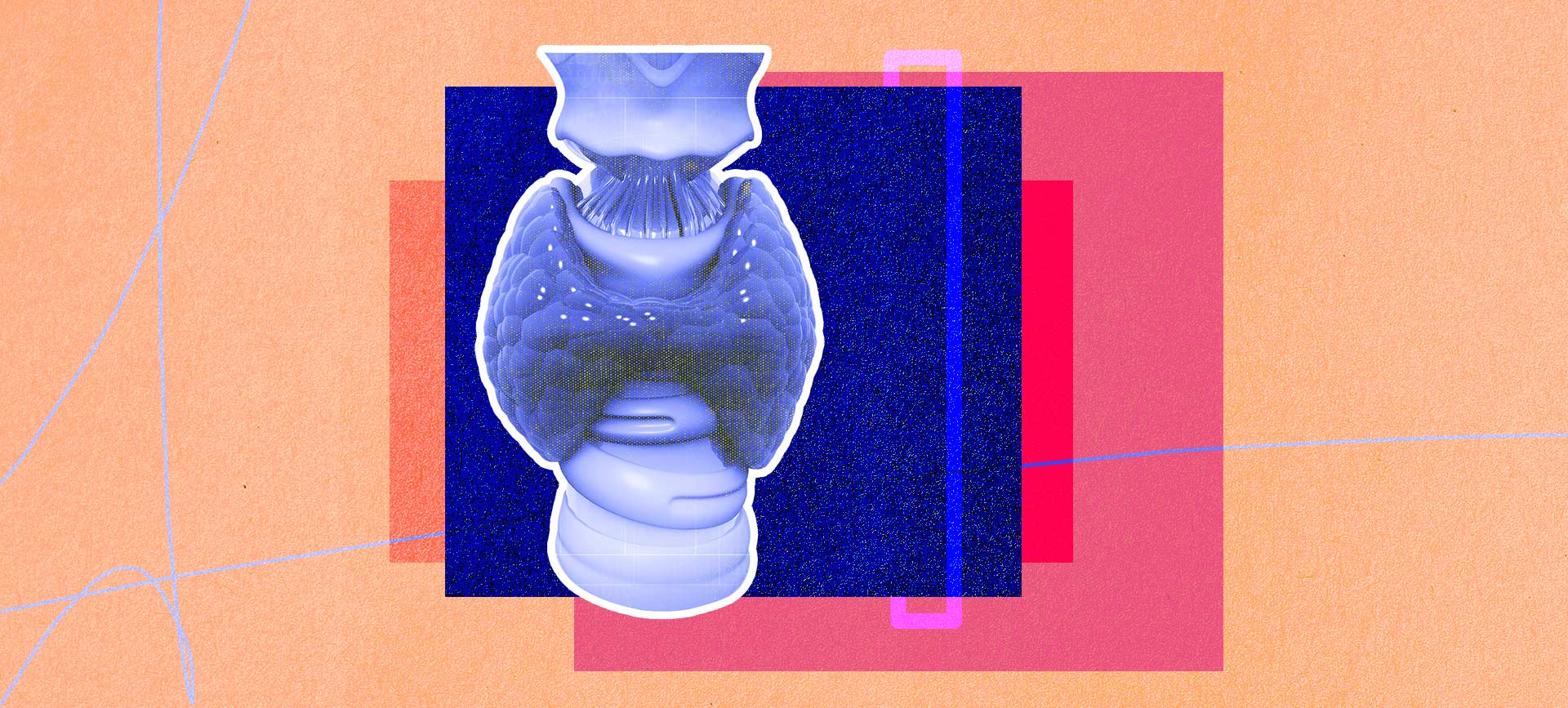Women are more prone to autoimmunity, in which the immune system mistakenly attacks the body's own cells. More than 100 types of autoimmune disorders have been identified, and 80 percent of people diagnosed are women. Autoimmune disorders, including Grave's disease and Hashimoto's disease, are the most common causes of thyroid dysfunction.
As for why, researchers aren't sure. In fact, scientists have yet to determine what causes autoimmunity. However, according to the National Institute of Allergy and Infectious Diseases, a mixture of environmental and genetic factors likely contributes.
Environmental factors
Research suggests genetics are about 30 percent responsible for autoimmunity, while the other 70 percent is attributable to environmental factors, including toxic chemicals, dietary components, occupation, infections and gut dysbiosis.
Stress is thought to contribute, too.
"Another contributing factor that needs to be explored, but is largely ignored in the medical research, is that to a significant degree, our immune system is directed by whether we feel safe," said Jacob Teitelbaum, M.D., an internist in Kailua-Kona, Hawaii, in an email interview. "If you feel unsafe, your immune system may be on widespread overdrive, followed by exhaustion and difficulty distinguishing friend from foe. So the societal rise in fear and divisiveness may be a potent contributor, especially for women who often are concerned not only about sexual safety but have occupations in male-dominated workplaces."
Genetics
Autoimmune disorders and thyroid conditions tend to run in families, signaling a genetic component. The X chromosome—of which women have two and men have one—carries more genes linked to autoimmune diseases. This could be another reason women are more likely to develop such conditions, according to Rashmi Roy, M.D., a thyroid surgeon at Clayman Thyroid Center in Tampa, Florida, and Matthew Macer, M.D., the medical director at Halo Fertility in Los Angeles.










